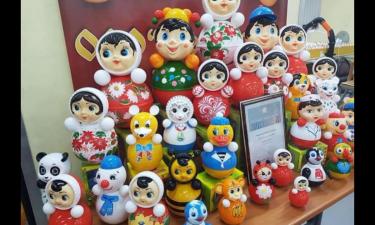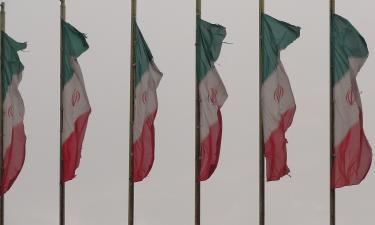Muslims don't like English translation of Quran made by woman
The Muslims did not like the translation of the Quran made by woman. Internet users and Islamic scholars said that her limited Arabic language skills and using dictionary for verbatim translations raises some questions about her interpretation of the Holy text.
Laleh Bakhtiar, an Iranian-American, was raised Catholic before she converted to Islam. She does not speak fluent modern Arabic - which is known as classical Arabic, but took three years of Quranic Arabic and has written or translated about 25 books on Islam.
"This translation of the Quran, is a culmination of 45 years of learning," Bakhtiar said of the work, which is expected to arrive in U.S. bookstores next week.
Bakhtiar relied heavily on dictionaries for a word-by-word translation method, something which has elicited sharp comments on Web sites in the Arab world and bothers some Islamic scholars.
Muslims belive the Quran is the word of God handed down to the Prophet Mohammed, and only the most skilled linguists and religious scholars are capable of a translation that can even somewhat accurately reflect the holy text's complicated language and meaning.
Islamic law professor Khaled Abou El Fadl at the University of California, Los Angeles, said Bahktiar's three years of Arabic study is not enough for the translation of the Quran and that her reputation is as an editor not as a scholar.
Many are calling Bakhtiar's work a feminist translation, but supporters say her work is being criticized because she is a woman.
"Anytime you have a change like this coming from within the community, especially coming from a woman, you're undoubtedly going to ruffle some feathers," said Daisy Khan, the executive director of the American Society for Muslim Advancement.
The Quran was translated into English in the 1930s. There are more than 20 translations. But since most Muslims learn to read the Quran in Arabic, English versions are considered supplementary and there is no clear authority on the translation.
Bahktiar, who does not consider herself a feminist, thinks the reaction the book is getting is premature.
A first printing of her book is expected to be available next week at large bookstores such as Barnes & Noble and Borders. Bakhtiar is also recording an audio version.
Subscribe to Pravda.Ru Telegram channel, Facebook, RSS!





